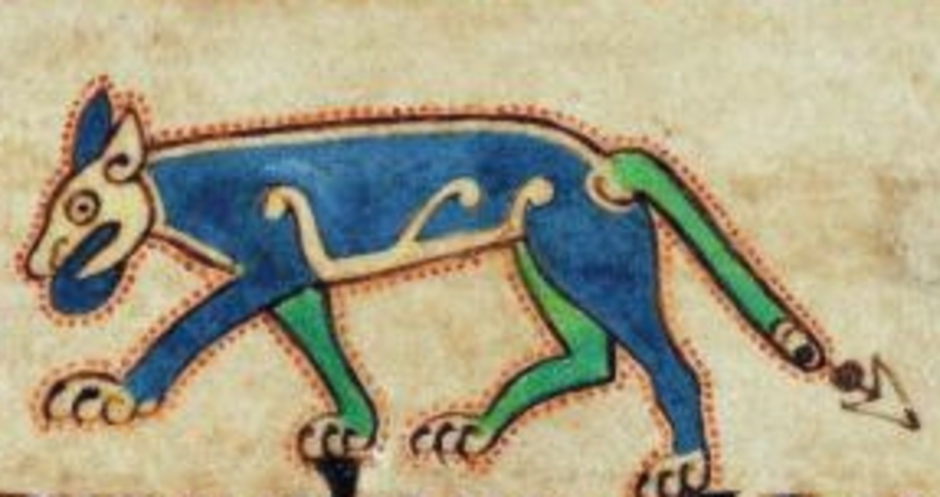
The Meaning of the name 'Fir Bolg'
In the Christian text from the Middle Ages called Lebor Gabála Érenn (‘The Book of the Taking of Ireland’), it’s said that the name ‘Fir Bolg’ is based on bags of dirt they carried as slaves for their masters, the Greeks. In other words, the old text claims that ‘Men of Bags’ is the meaning of this name. Besides the fact that the Greek historical tradition knows of no Celtic (or other) tribe being enslaved en masse and maintained as a tribe (which would be incredibly dangerous for their masters) on Greek soil or anywhere else, certain modern scholars like T.F. O’Rahilly believe that the real meaning of the word ‘Bolg’ is basically ‘thunder', based on the meaning of that word in other Indo-European languages.
To evaluate the meaning of the name, let’s look at other ancient Celtic tribes who were in Ireland (and some of those who still are):
Corcu Loígde / Seed of (the god) Lugh
Boandraige (People of (the goddess) Boann)
Dál Riata / Dál Riada / Share of (the god) Rider
Laigne / Collective Descendants of the Broad Spears
Luigne / Collective Descendants of (the god) Lugh
Delbhna / Collective Descendants of (the god) Dealbh Aodh (Shape of Fire)
Cerdraige / People of (the god) Craftsman (Goibniu?)
Uí Bairriche / Descendants of (the goddess) Brigid ('High Queen' or 'High Goddess')
And here are some of the Celtic tribes who were on the Continent:
Brigantii / (People of) the High Queen / (People of) the High Goddess
Bituriges / World-Rulers
Cenomani / Chief Men (?)
Catavellauni / Battle-Victors (?)
Now, compare the name “Fir Bolg" again. Based on these other names, what do you think was the pre-Christian meaning of ‘Fir Bolg’?
Men (who are Slaves) dealing with Bags of Dirt?
or
Men of (the god) Thunder?
Would any Celtic tribe call themselves by a name meaning "Men (who are slaves) dealing with bags of dirt"?
I don’t think so.
Copyright © 2015 by Gerald A. John Kelly
All Rights Reserved - No Reproduction Without Written Permission of the Author

